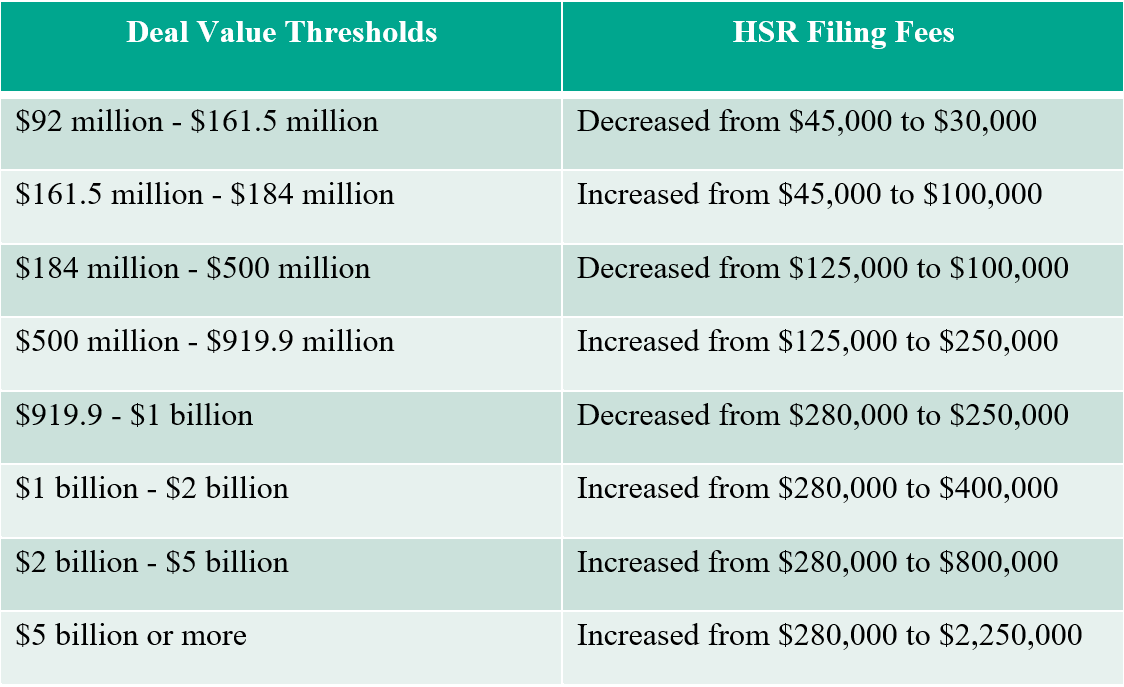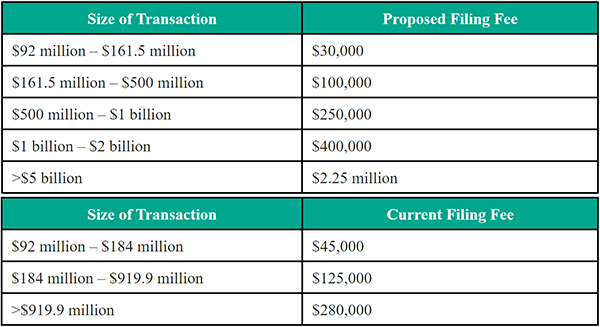A newly announced change in Federal Trade Commission (FTC) policy could have dramatic implications for the ways manufacturers of everything from cell phones to cars draft warranties, design products, and distribute replacement parts. Specifically, the FTC has set its sights on repair restrictions.
On July 21, the Commission unanimously voted to approve a policy statement announcing increased antitrust and consumer protection enforcement against business practices that make it difficult for consumers to repair their own products, or use independent repair shops. Manufacturers should take note of this import change in enforcement policy, and promptly evaluate their exposure.
Notably, the FTC’s announcement comes on the heels of President Biden’s executive order “Promoting Competition in the American Economy,” which encouraged the FTC to address “anticompetitive restrictions on third-party repair or self-repair of items…” It also follows a recent report by the FTC to Congress addressing repair restrictions, and a July 2019 FTC workshop examining the issue.
One area of particular concern for the FTC is product warranties that require the use of specific service providers or parts. Section 102(c) of a 1975 federal law known as the Magnuson-Moss Warranty Act (MMWA) prohibits companies from conditioning warranty coverage, expressly or impliedly, on a consumer’s use of an article or service identified by brand, trade, or corporate name, unless the company provides that article or service without charge or the company has received a waiver from the FTC.
Recent reports, including empirical analyses cited by the FTC in its report to Congress, suggest that violations of Section 102(c) are widespread. Indeed, one recent analysis by a prominent public interest group alleged that 45 out of 50 companies whose warranties the group examined appeared to violate the provision. Accordingly, Section 102(c) enforcement is likely to play a prominent role in the FTC’s crackdown.
It also appears that the FTC intends to use its broad authority under Section 5 of the FTC Act, which prohibits “unfair or deceptive acts or practices,” to challenge a wide range repair restrictions. In its report to Congress, the FTC highlighted the following practices in particular as “restricting independent repair or repair by consumers:”
- “Physical restrictions” and “product designs that complicate or prevent repair”;
- Purposely making parts, repair manuals, and diagnostic software and tools unavailable;
- Designs that make independent repairs less safe, such as the use of glue to fasten lithium ion cells into mobile phones and other devices;
- Steering consumers to preferred repair networks using telematics;
- “Policies or statements that steer consumers to manufacturer repair networks”;
- “Application of patent rights and enforcement of trademarks;
- Disparagement of non-OEM parts and independent repair”;
- “Software locks, Digital Rights Management and Technical Protection Measures”; and
- “End User License Agreements.”
The diverse range of practices that the FTC has identified make this shift in enforcement an important issue for a wide range of companies. Still, there are clues to how the FTC may deploy its scarce resources in this area, at least initially.
First, its prior enforcement may provide an indication. In 2015, [...]
Continue Reading
read more

 Subscribe
Subscribe


